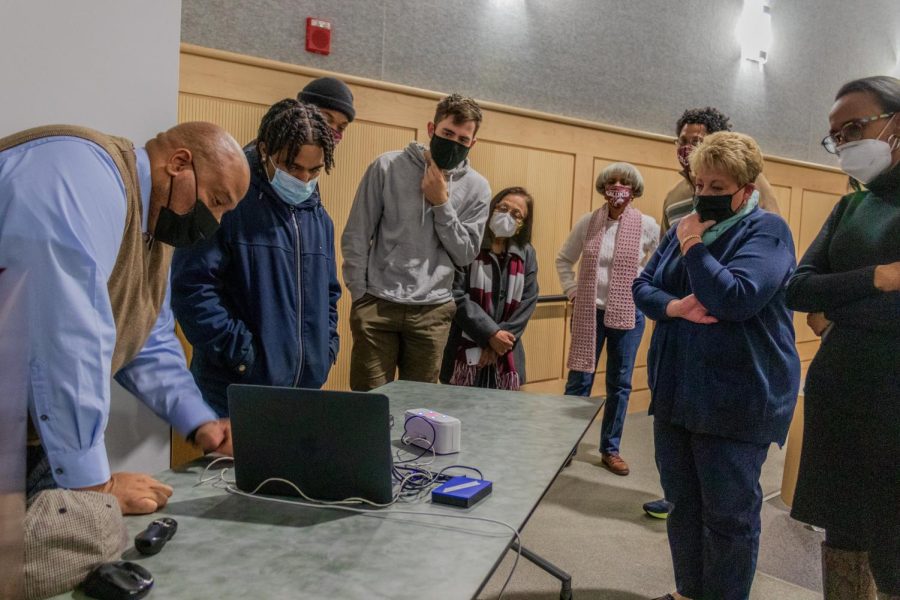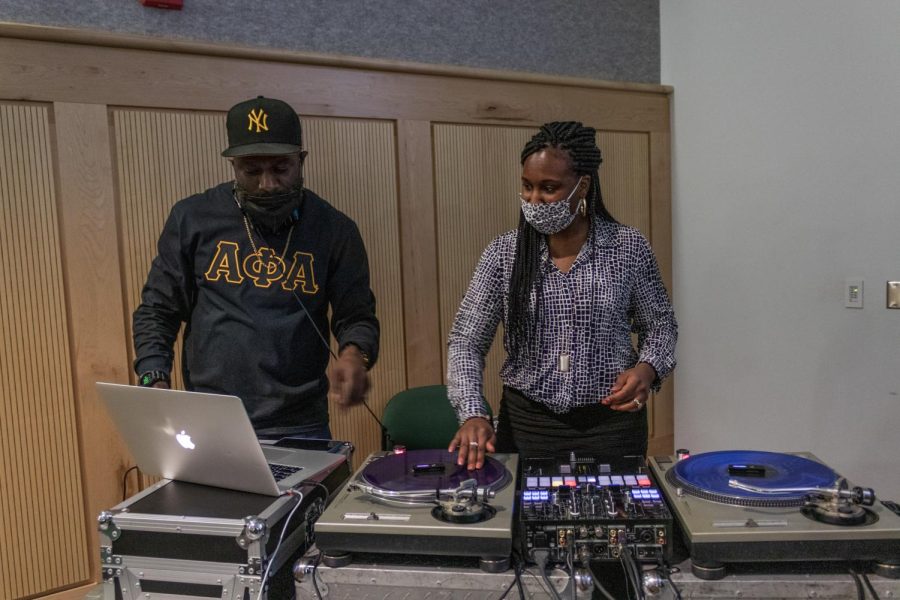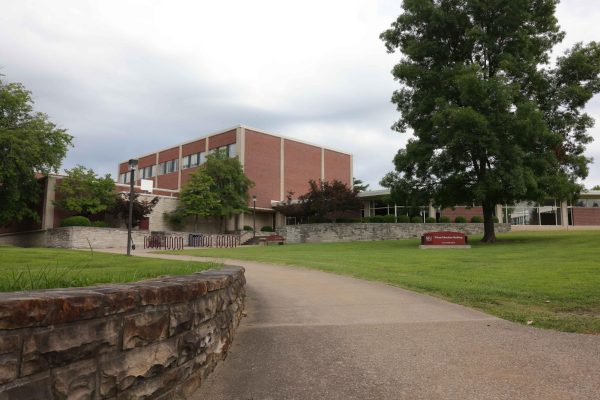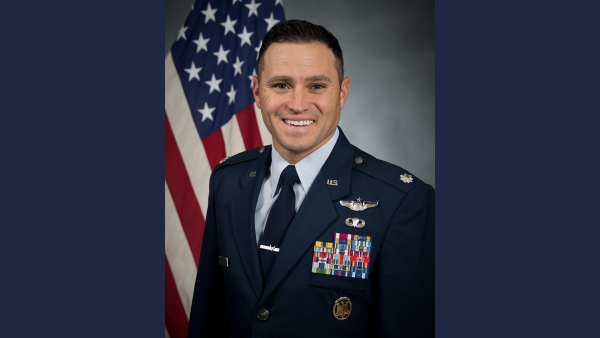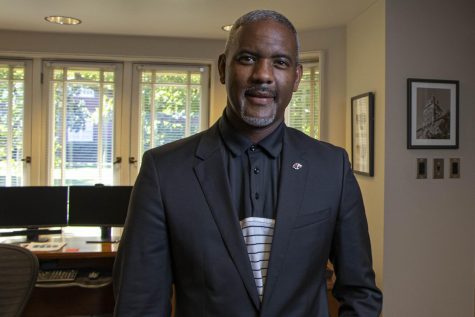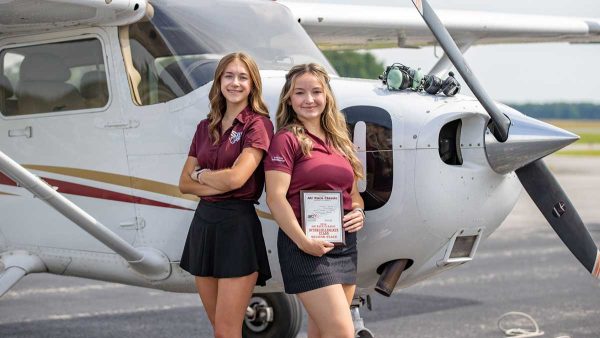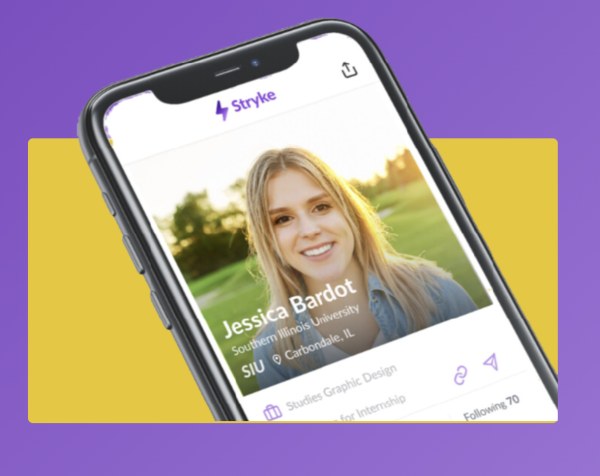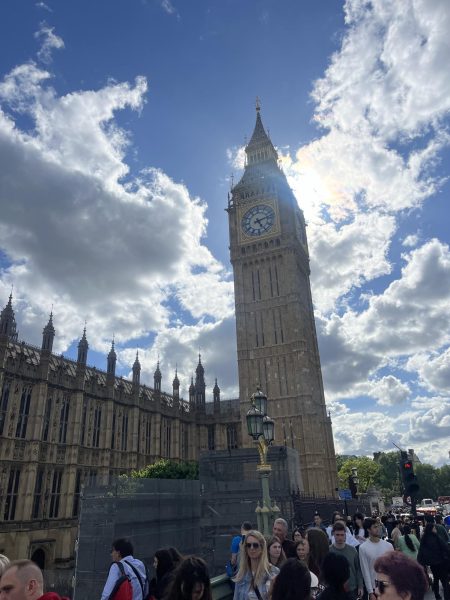Black History Month: Understanding Hip-Hop Culture
Dominique Martinez-Powell | @dmartinez_powell.photography
Jason Rawls demonstrates how to use digital beat-making equipment Feb. 8, 2022 at Guyon Auditorium in Carbondale, Ill. “If somebody doesn’t tell you, how would you know? I only touched the subjects. I didn’t really go into it. There’s so much more,” Rawls said about the seminar.
On February 8, from 5-7 p.m. Student Affairs, the Vice-Chancellor, and Black Resource Center collaborated on a Black History month event Understanding Hip-hop Culture at the John C. Guyon Auditorium.
Charah McKinzie, coordinator of the Black Resource Center, started the event with an introduction of a DJ and keynote speaker Jason Rawls aka J Rawls.
Rawls is a member of the DJ crew Usual Suspects, based in Columbus Ohio.
Advertisement
Rawls teaches at the University of Ohio at the College of Education, teaching students how to interact with their teachers through music. He is co-writing the first Hip-Hop based education program (H.O.P.E) in a college of Education in the United States.
He began by interacting with the audience and making sure they interacted with him. He said he has spoken at many workshops and enjoys doing it.
“I have been doing it for maybe six or seven years now,” Rawls said, “All over different universities. I love doing that. That’s part of the fun because most young people don’t know.”
In 1997, Rawls said he put out his first professional record and has been excelling ever since. He made music for numerous musicians including the Beastie Boys, and Aloe Blacc.
Rawls emphasized to the audience those beats are the backbone of hip-hop and what helped build it today. Rawls described DJing to be ‘The Genesis’ of hip-hop, because without DJing people wouldn’t know how to mix music.
He also explained the start and construction of hip-hop, saying that in early Jamaica, they would have big speakers and turntables and ‘toast’ on the beat.
“Toasting is a Jamaican term, they MC, they toast the party [meaning]they keep the party going, they hype the party up,” said Rawls.
Advertisement*
Rawls introduced DJ Kool Herc as the father of hip-hop. He explained how he was based in the Bronx and his hit trend the Merry Go Round where he took out the instrumental breaks in songs and put them on one track. Rawls described that as being the ‘Break Beat of Hip-Hop’.
After the presentation, Rawls asked the crowd to break into groups and touch the ‘Tools of the Trade’, he called it.
The audience was able to construct music with the turntables and with a Digital Audio Workshop keyboard.
Co-speaker Richard Jones is the Southern Illinois University (SIU) Track and field coach and fellow member of the DJ crew Usual Suspects. Jones played samples for the audience alongside Rawls’ presentation. Jones, whose stage name is Rich Nyce, said he has been a DJ for over 25 years.
“The tech has changed but [the] skills, process, and art is still the same,” said Jones.
Jones played several familiar samples, with some featuring the same beat. Like Future’s Mask Off and Tommy Butler’s Prison Song.
David Milley, University Honors assistant director attended the event and said the hands-on experience was the most informative part of the night.
“Having the hands-on is different. We can sit here and watch DJ Rich,” he said. “When you’re standing behind him, and seeing everything from his perspective, that’s pretty illuminating.”
Milley said the event caught his eye because it was something he knew little about.
“I’m not usually involved with hip-hop, it’s one of those things [that] expands your horizons,” he said.
Daniel Killins, a senior at SIU majoring in music business said he loved the seminar because it taught him more than he knew about how hip-hop began.
“It’s also very informative. We get to learn how hip hop was made. How they would use a music DAW nowadays because the turntables back in the day [are], not the same turntables they have now.” Killins said.
Killins said DAW (Digital Audio Workshop) allows artists to make different kinds of music.
“They use this to create music, make beats, and you can also record into these DAWs, you can also sample some instruments and some sound effects from them,” he said.
Steven Gary, a Graduate Assistant in Counseling participated in the hands-on workshop and had the benefit of mixing the turntables.
“I listen to a lot of music, that’s another reason I was drawn to this. The most informative part was learning about the backbone of hip-hop,” Gary said. “I engaged with the buttons, it was pretty cool.”
Rawls said he hoped to give people that attend a new experience.
“The DJ is the essential piece of hip-hop. I wanted to allow everybody to get that experience [to] touch the turntables, to push a button, to feel what it is like to make a beat,” he said. “Anytime I do a seminar, I want you to feel something new.”
DJ Rich Nyce closed the event with a mix of hip-hop music.
Staff reporter Kamaria Harmon can be reached at [email protected] or on Twitter at @QuoteKamariaa. To stay up to date with all your southern Illinois news, follow the Daily Egyptian on Facebook and Twitter.
Advertisement



